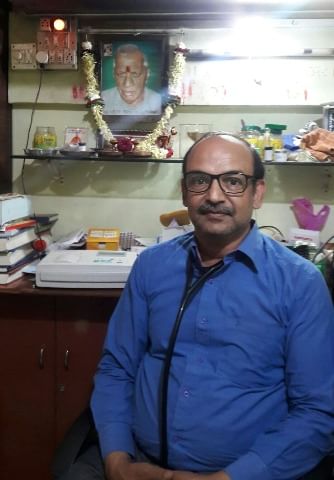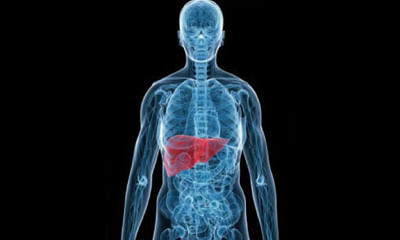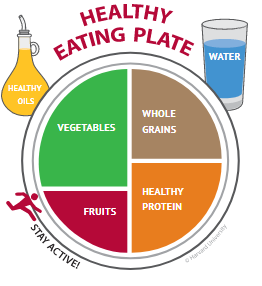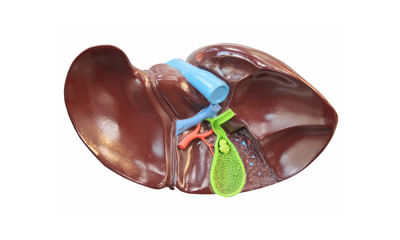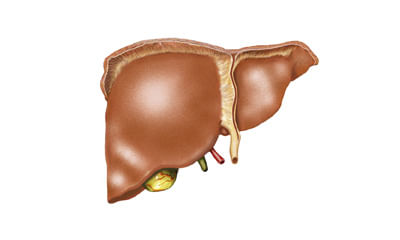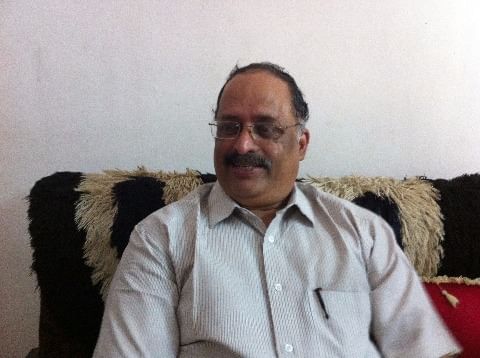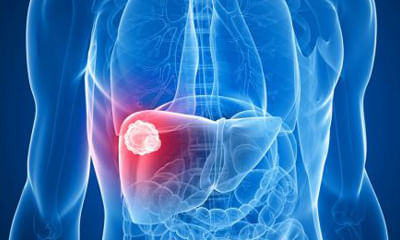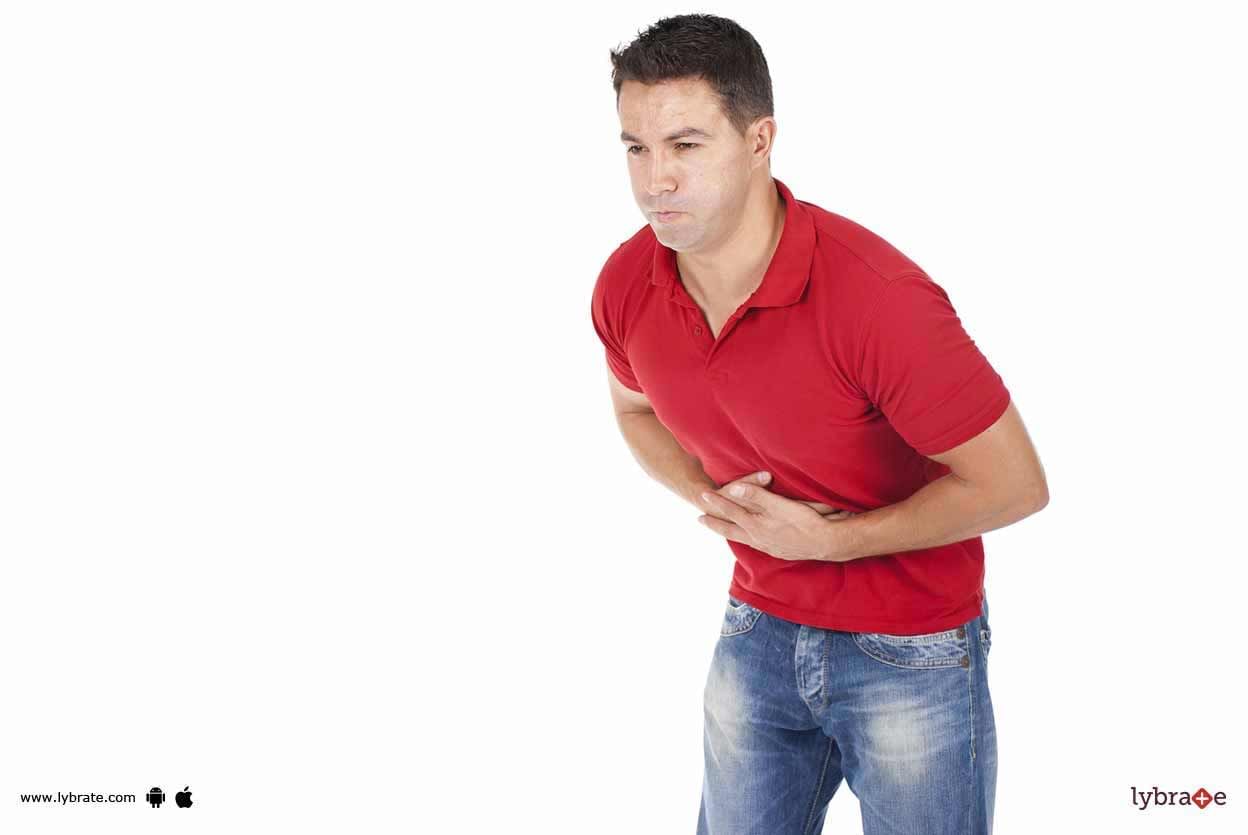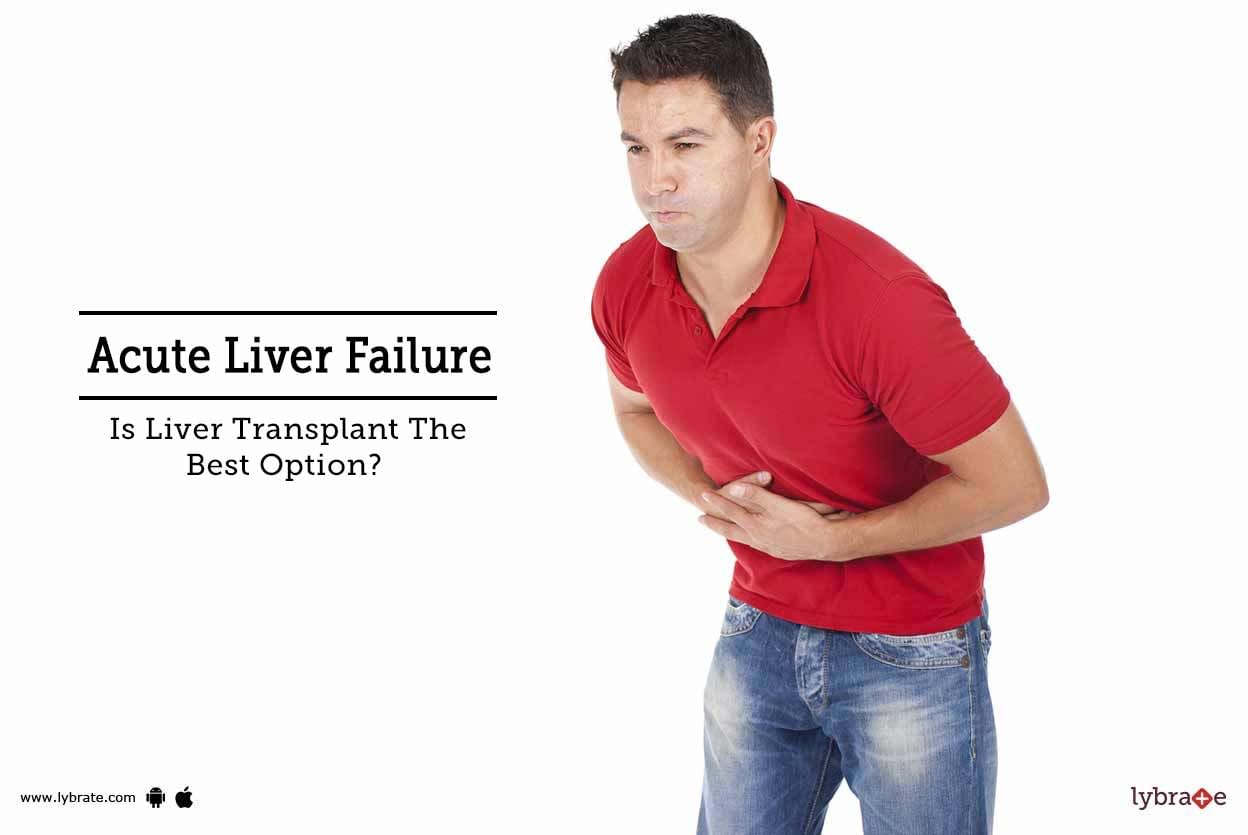Get the App
For Doctors
Login/Sign-up
Health Feed
Find Doctors
Health Packages
AllQ&AsTipsQuizzes
Liver Care Health Feed
Asked for Male, 25 years old from Chikkamaglur
Share
Bookmark
Report
Health Query
Share
Bookmark
Report
General Physician•
Health Query
Share
Bookmark
Report
First you have to a normal life, take physical exercise, try to walk half an hour regular ly avoid outside and spicy, oily and fatty foods try to take home made, more boiled food, avoid night watching, take plenty water, take take your food in time, green papaya must, more vegetables and fruits than more animal protean, cholestarium 200 one does can take every three weeks, hydrastis can q 6 drops twice daily after meal also, for 6 weeks or more if needed
if needed contact me by Lybrate app.
if needed contact me by Lybrate app.
256 people found this helpful
Asked for male, 22 years old from Mangalore
Share
Bookmark
Report
When about 20–30% of liver cells have transformed into fat cells as a result of being filled up with large droplets of fat (macrovascular steatosis), it is referred to as fatty liver. Fatty liver cannot safely ignored. This comes down to 1) if you drink alcohol, don’t. 2) if you are diabetic / obese, then do following changes 1. Don't overeat 2. Don't take tea empty stomach. Eat something like a banana (if you are not diabetic) or any seasonal fruit or soaked almonds and a glass of water first t...more
87 people found this helpful
Last Updated: 7 years ago• Featured Tip
Share
Bookmark
Report
Ayurvedic Doctor•Mumbai
Excess fat cells in the human body can settle under the skin and cause obesity, Additionally, they may even settle in specific organs and liver is one of them. When fat starts accumulating in the liver, a condition known as fatty liver manifests itself.
There are two types of fatty liver disease alcoholic and non-alcoholic. As the name suggests, the former is triggered by excessive alcohol consumption, whereas the latter takes place due to other reasons. While non-alcoholic fatty liver ...more
There are two types of fatty liver disease alcoholic and non-alcoholic. As the name suggests, the former is triggered by excessive alcohol consumption, whereas the latter takes place due to other reasons. While non-alcoholic fatty liver ...more
Asked for male, 25 years old from Guwahati
Share
Bookmark
Report
Yes, liver calcification is dangerous. The most common source of calcified hepatic lesions is inflammatory conditions such as granulomatous diseases (e.g. Tuberculosis). Although relatively uncommon in daily clinical practice, calcification may be found in inflammatory hepatic lesions and in benign and malignant liver neoplasms.
It is curable if the underlying disease is healed.
It is curable if the underlying disease is healed.
Asked for male, 55 years old from Mumbai
Share
Bookmark
Report
Hello, You need to avoid alcoholic intake even if you have nonalcoholic fatty liver. Tk ,a balanced and healthy diet such as bread, Rice, potatoes and corn. Tk ,bottalgourd, yogurt, juicy fruits like orange, lemon juice & sugar cane juice.
Tk, plenty of water in small intervals. Ensure sound sleep for 6/7 hours.
Avoid, junkfood, alcohol and Nicotine. Homoeopathy can miraculously help you in fatty liver. Tk, care.
Tk, plenty of water in small intervals. Ensure sound sleep for 6/7 hours.
Avoid, junkfood, alcohol and Nicotine. Homoeopathy can miraculously help you in fatty liver. Tk, care.
Last Updated: 6 years ago• Featured Tip
Share
Bookmark
Report
Liver diseases such as cirrhosis, Hepatitis, Autoimmune hepatitis, PSC, Fatty liver, Alcoholic liver diseases, are not just dreadful, but they also cause irreversible damage to the liver. Modern medicine rely on transplanting the liver when its health reaches a point where treatment can no longer recover or stop its deterioration. So, a liver transplant is the way to go for modern medicine when there is end-stage liver disease. However, transplant is not a cure; rather it is an escape from the c...more
Last Updated: 7 years ago• Featured Tip
Share
Bookmark
Report
MBBS, MS - General Surgery, FRCS (edinbu...read more
Liver Transplant Surgeon•Bangalore
The liver plays an important role in the digestion process and filtration of toxins from the body. In rare cases, a person with no history of liver problems may suddenly begin to show symptoms of decreased liver functioning. If this deteriorates quickly over a few days or weeks, it is known as acute liver failure. This condition is also known as fulminant hepatic failure. If left untreated, it can cause a number of fatal complications including excessive pressure on the brain and uncontrollable ...more
Last Updated: 7 years ago • Featured Quiz
Share
Bookmark
Report
Ask a free question
Get FREE multiple opinions from Doctors
posted anonymously

